52 in 52 – #37: POLAR trial – Hypothermia for Severe TBI
EMDocs
JUNE 1, 2023
This week we cover the POLAR RCT on hypothermia for neuroprotection in those with severe TBI. Take Aways: The data do not suggest that targeted hypothermia improves neurological function, reduces death, or reduces hospital length of stay as compared to normothermia. Welcome back to the “52 in 52” series. Bradycardia: 18.8%





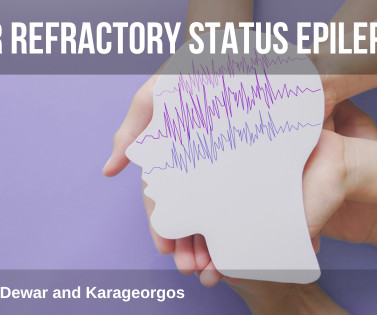


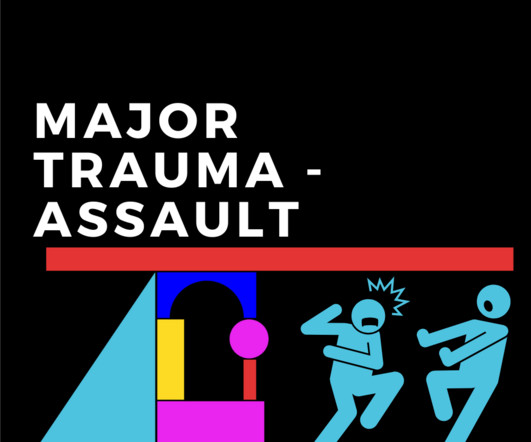
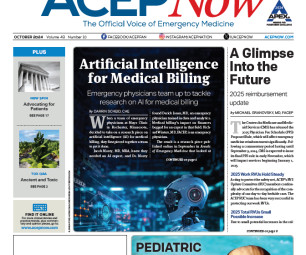

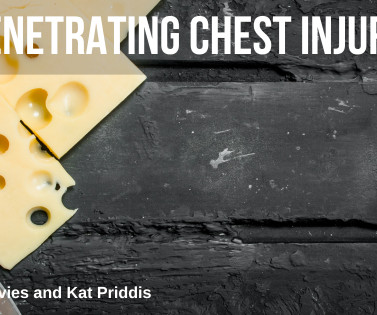

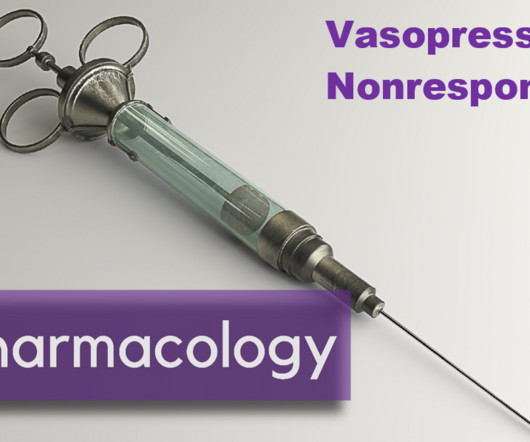

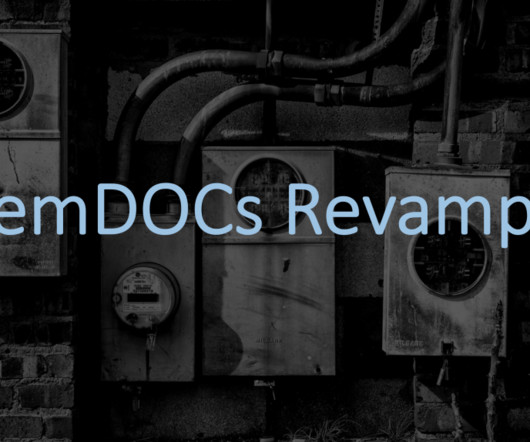

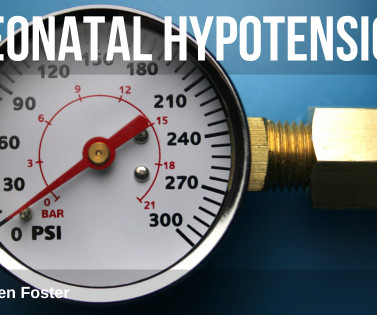






Let's personalize your content